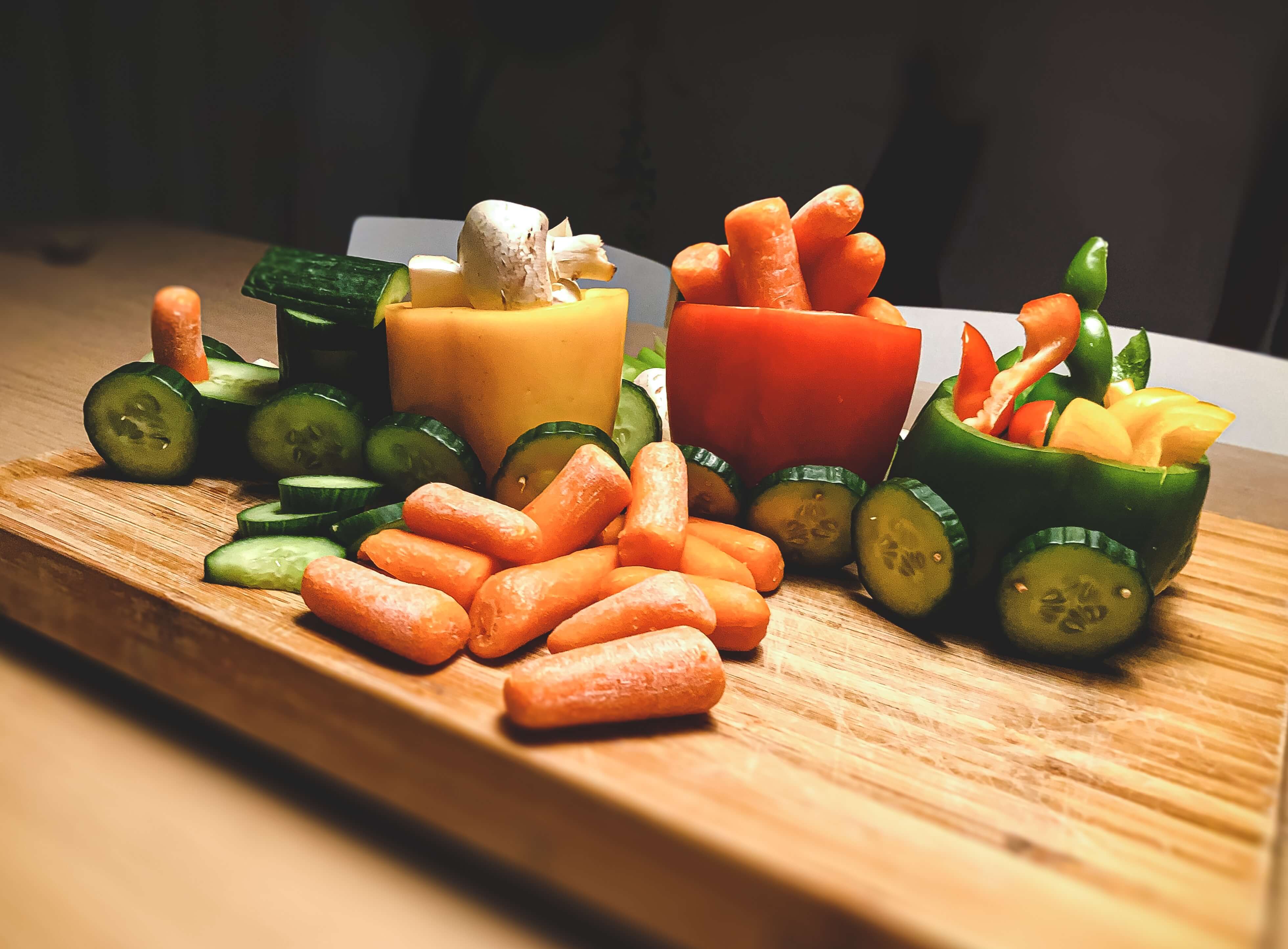A groundbreaking initiative is underway to equip farmers with innovative solutions for the cultivation of legumes, focusing on sustainable methods for stress and disease management. This initiative aims to address the challenges posed by environmental factors and threats from pests and diseases that have hindered the growth of peas and Faba beans in the UK.
Despite these challenges, the rising interest in plant-based proteins and the positive impact these crops have on soil health present a significant opportunity for expanding their production. This initiative is part of a 24-month feasibility study funded by Defra and implemented through Innovate UK. It aims to provide farmers with advanced sustainable solutions for legume cultivation, with a particular emphasis on applying state-of-the-art solutions like biopesticides and biostimulants.
Don Pendergrast, Technical Manager at Agrii, highlighted the importance of legumes like Faba beans as a crucial break crop in the UK’s arable rotation. He acknowledged the increasing difficulty in managing pests and diseases in field legumes due to the development of resistance and the loss of some crop protection solutions. He emphasized the need for new and innovative approaches as part of an integrated approach to effective crop management.
The initiative is a collaborative effort led by Crop Health and Protection (CHAP) in partnership with the University of Warwick, Agrii Ltd., C.A.B. INTERNATIONAL, Russell Bio Solutions Ltd., and Fargro Ltd.
Dr. Nayem Hassan, Managing Director at Russel Bio Solutions, expressed optimism about the project’s potential to develop sustainable solutions for UK legume farmers in an era of dwindling chemical control products. The two-year project aims to create novel biostimulants and biopesticides to aid UK growers in adopting sustainable, climate-smart pest control methods and significantly reducing their dependence on chemical fertilizers and pesticides.
The project will conduct field trials to assess the effectiveness of newly developed sustainable inputs compared to conventional treatments and measure improvements in sustainability.
Dr. Victoria Nash-Woolley, Research Associate at CHAP, stressed the importance of providing farmers and growers with the latest tools to support legume cultivation. The study aims to upgrade the current toolkit with novel sustainable solutions capable of producing consistent yields and enhancing resilience against future climate shocks, pests, and diseases.
The project is funded by Defra through the Farming Innovation Programme (FIP) and implemented through Innovate UK.



2 Comments